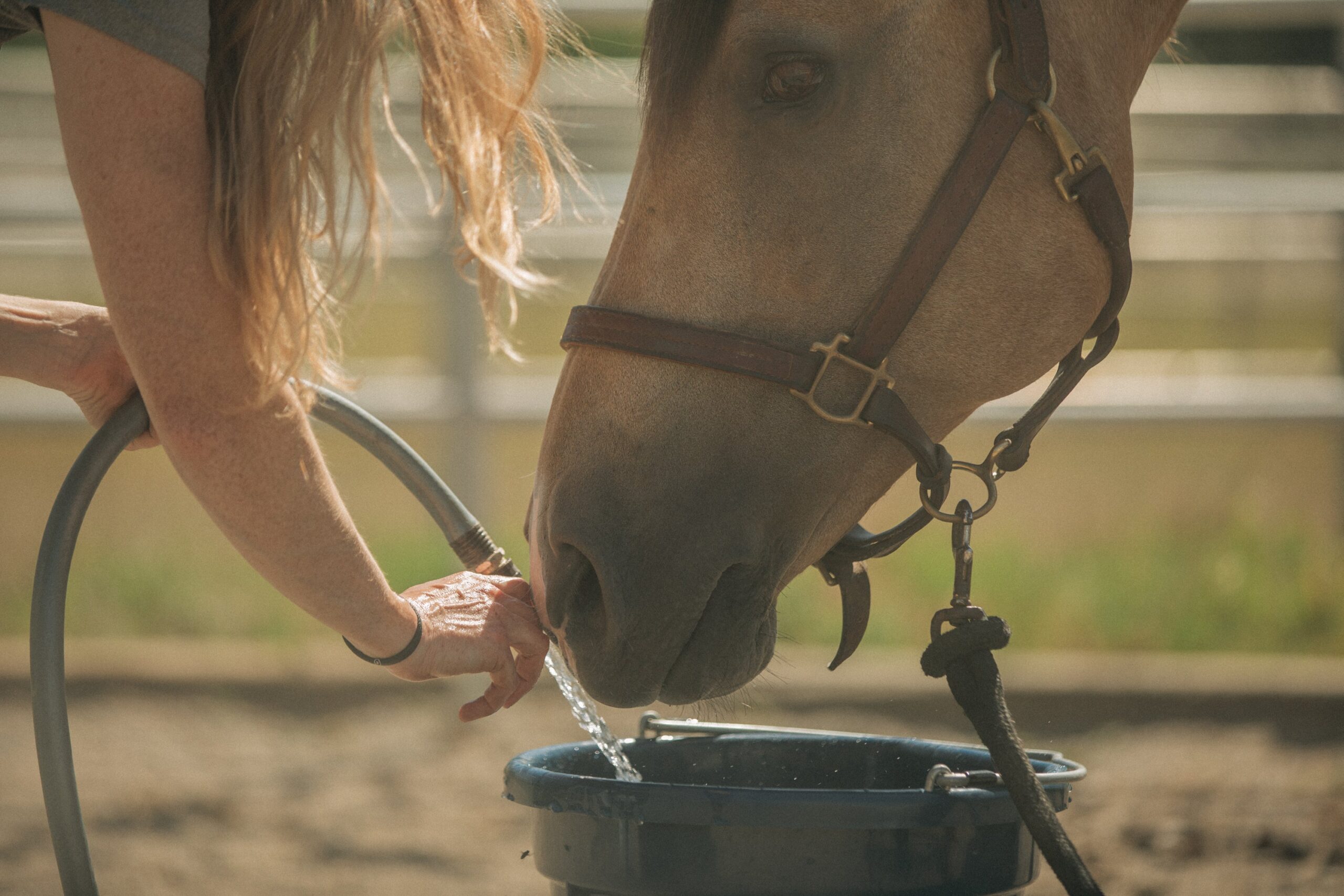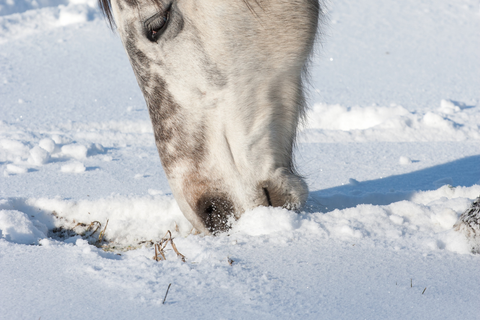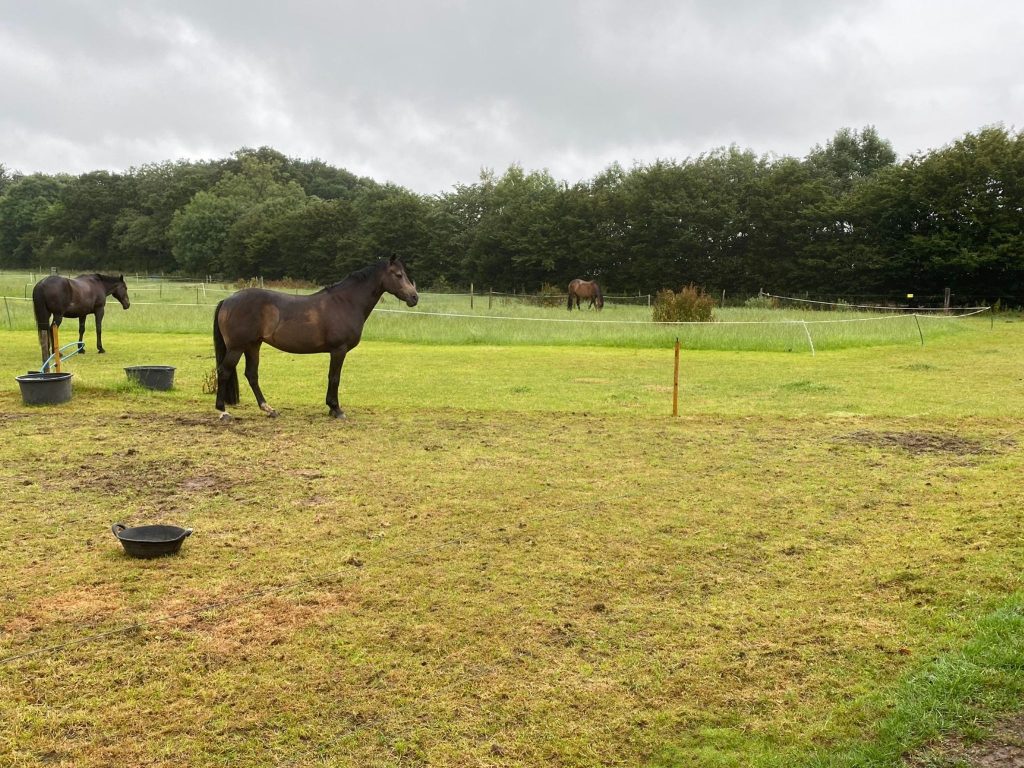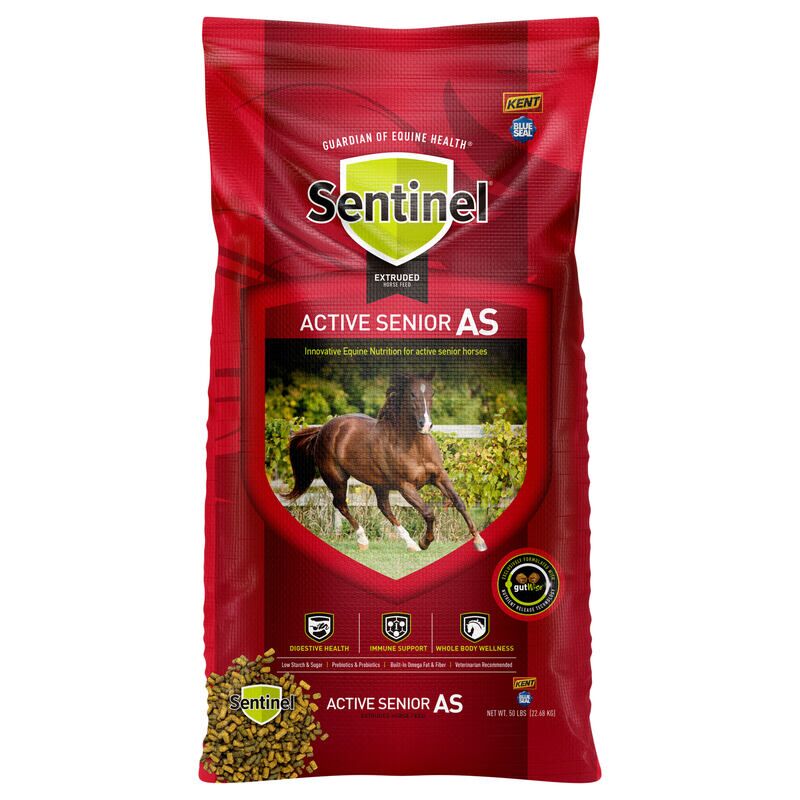Seasonal Feeding Tips for Horses

Feeding horses appropriately throughout the year is crucial for their health, performance, and well-being. Seasonal changes affect forage availability, nutritional needs, and feeding strategies. This article provides detailed, practical tips for horse owners to optimize feeding during different seasons.
Understanding Seasonal Nutritional Needs

Horses’ dietary requirements vary with the seasons due to changes in weather, activity levels, and forage quality. For example, in colder months, horses need more energy to maintain body heat, while in warmer months, hydration and electrolyte balance become priorities.
| Season | Key Nutritional Focus | Common Challenges |
|---|---|---|
| Spring | Transition to fresh pasture | Managing weight gain, parasites |
| Summer | Hydration, maintaining energy levels | Heat stress, forage quality drop |
| Autumn | Building reserves for winter | Variable forage availability |
| Winter | High energy, fiber intake | Limited pasture, cold stress |
Seasonal Feeding Strategies

Spring
- Gradually introduce fresh pasture to avoid digestive upset.
- Monitor for signs of laminitis due to rich grass.
- Implement parasite control programs as horses graze more.
Summer
- Ensure constant access to clean, fresh water.
- Provide electrolytes if horses sweat heavily.
- Supplement with hay or concentrates if pasture quality declines.
Autumn
- Increase forage intake to build fat reserves.
- Adjust feed to compensate for declining pasture nutrients.
- Prepare for winter by gradually increasing caloric intake.
Winter
- Provide high-quality hay to meet energy needs.
- Consider adding fat supplements for extra calories.
- Protect feed from moisture and freezing.
Practical Tips for All Seasons
- Regularly assess body condition and adjust feed accordingly.
- Maintain consistent feeding schedules.
- Use salt blocks or mineral supplements year-round.
- Monitor water intake and quality.
Frequently Asked Questions (FAQ)
Q1: How often should I change my horse’s diet with the seasons?
A: Gradual changes over 7-10 days are recommended to prevent digestive issues.
Q2: Can horses eat fresh grass all year round?
A: No, fresh grass is best in spring and early summer; in other seasons, forage quality varies.
Q3: What signs indicate my horse is not getting enough nutrients?
A: Weight loss, dull coat, lethargy, and poor performance are common indicators.
Q4: Should I adjust feeding for older horses differently?
A: Yes, older horses may need more easily digestible feeds and supplements.
By following these seasonal feeding tips, horse owners can ensure their animals remain healthy, energetic, and comfortable throughout the year.
